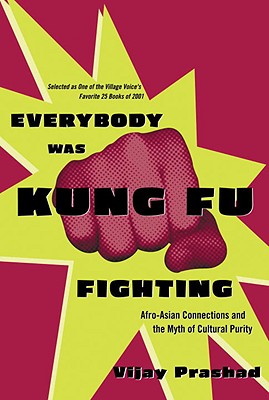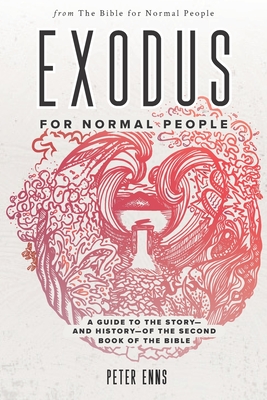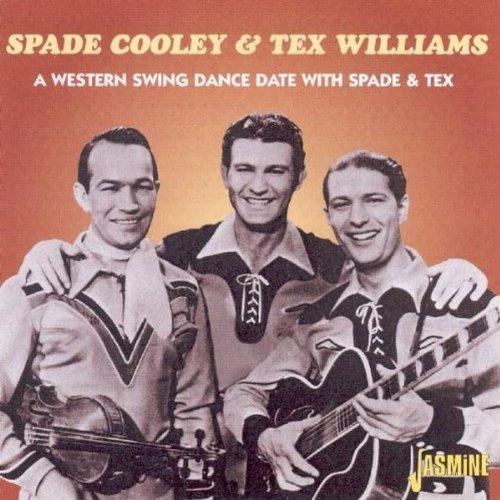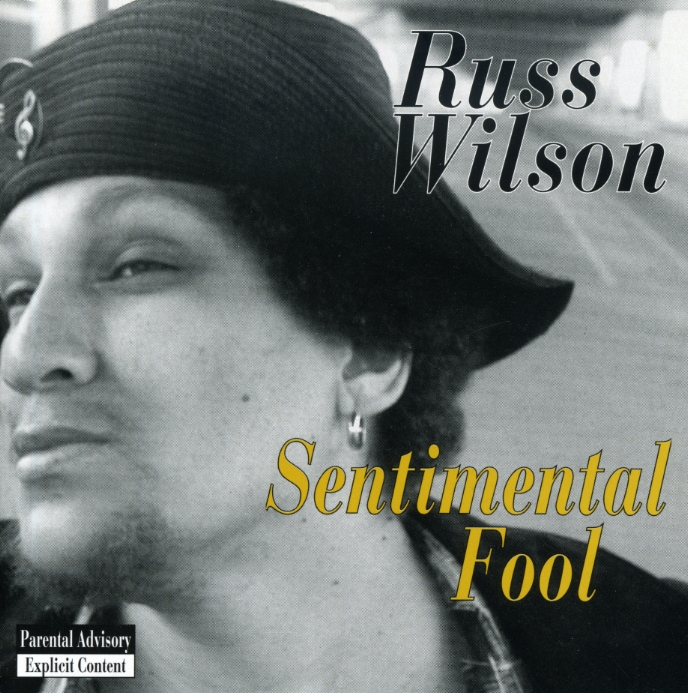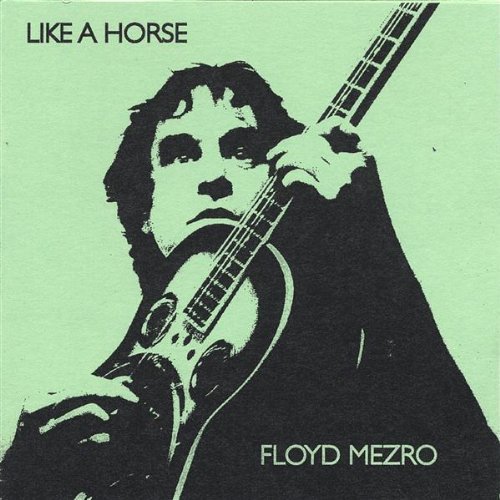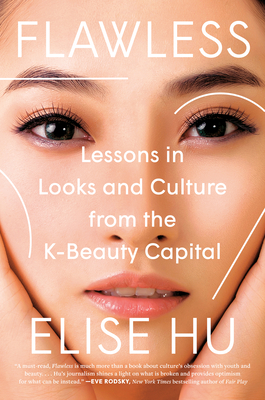
description
ooks of the Year One of Vox's Best Books of 2023 An NPR Book of the Day Required Reading from New York Post One of Nylon's 13 May Books to Add to Your Reading List One of PureWow's 14 Books to Read for AAPI Heritage Month One of W Magazine's 14 Books to Dive Into This Summer One of Betches' Best Summer Reads of 2023 An audacious journalistic exploration of the present and future of beauty through the lens of South Korea's booming "K-beauty" industry and the culture it promotes, by Elise Hu, NPR host-at-large and the host of TED Talks Daily K-beauty has captured imaginations worldwide by promising a kind of mesmerizing perfection. Its skincare and makeup products--creams packaged to look like milkshakes or pandas, and snail mucus face masks, to name a few--work together to fascinate us, champion consumerism, and invite us to indulge. In the four years Elise spent in Seoul as NPR's bureau chief, the global K-beauty industry quadrupled. Today it's worth $10 billion and is only getting bigger as it rides the Hallyu wave around the globe. And fun as self-care consumerism may be, Elise turns her veteran eye to the darker questions lurking beneath the surface of this story. When technology makes it easy to quantify and optimize ourselves--from banishing blemishes, to whittling our waistlines, even to shaving down our jaws--where do we draw the line? What are the dangers for a society where a flawless face and body are promoted and possible? What are the real financial, physical, and emotional costs of beauty work in a culture that valorizes endless self-improvement and codes it as empowerment? With rich historical context and deep reporting, including hours of interviews with South Korean women, this is a complex, provocative look at the ways hustle culture has reached into the sinews of our bodies. It raises complicated questions about gender disparity, consumerism, the beauty imperative of an appearance obsessed society, and the undeniable political, economic, and social capital of good looks worldwide. And it points the way toward an alternative vision, one that's more affirming and inclusive than a beauty culture led by industry.
member goods
No member items were found under this heading.
Return Policy
All sales are final
Shipping
No special shipping considerations available.
Shipping fees determined at checkout.

